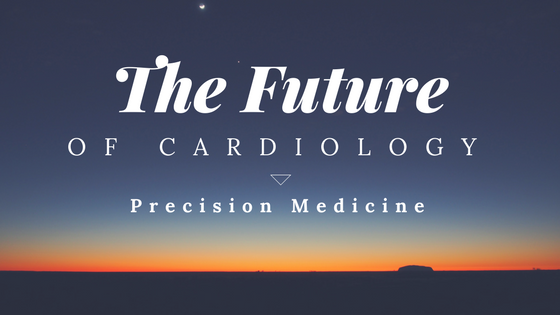Precision Medicine In Cardiology
Dr. Aarush Manchanda is the future of cardiology and the future of medicine. The author of Your Heart House and owner of YourHeartHouse.com, Dr. Manchanda is using the theories of precision medicine to treat cardiac problems better. To date, the only area of medicine that has focused on precision medicine is oncology, but Dr. Manchanda feels it can be applied to any field of medicine, including cardiology.
In oncology, researchers are looking for genes that can lead to cancer, and biopharmaceutical researchers are trying to find antibodies that may be introduced into a patient to attack those cells and stop cancer before it ever starts. Until now, no one has ever applied precision medicine to cardiology, but Dr. Manchanda will be the first.
Until now, no one has ever applied precision medicine to cardiology, but Dr. Manchanda will be the first.
The Traditional Approach to Cardiology
For years, cardiologists and other physicians have used the age-old approach of taking a patient’s history, conducting a physical examination, and creating a treatment plan. Often a patient will see a physician for the first time and be prompted to complete a patient history. Then the nurse will take vitals, the physician performs the examination, and then the physician may run tests if they need more information.
Traditional tests include radiology, imaging, and bloodwork. These are very basic forms of treatment, but it is not precise medicine, and cardiology examinations could be significantly improved using precision medicine versus traditional approaches.
The Issue with the Traditional Approach
Patient histories are not given much attention. Physicians have demands on their time, and they must see so many patients within a short period. Therefore, it is illogical to assume a doctor could take the adequate amount of time that is necessary to create a detailed history. The examination is not tailored to the individual; it is systematic and template-like.
Dr. Manchanda feels that medicine could be more evidence-based and precise towards the individual patient. The assembly-line approach is not effective at addressing the individual needs of a person, despite the fact it is widely practiced.
After all, no two humans are alike, so why would medicine apply an assembly-like examination process to every person?
“Is five minutes alone with a patient really going to tell me what is wrong with them or what could be wrong in the future?”
How Precision Medicine Could Improve Cardiology and Other Fields of Medicine
Precision medicine combines the archaic patient examination with digital technology and genome mapping. As Dr. Manchanda see it, “is five minutes alone with a patient really going to tell me what is wrong with them or what could be wrong in the future?” Because physicians have a severe lack of time, having access to data through laboratory testing and technology stretches the value of those five to 10-minute patient examinations, and provides physicians with the information they need for a more accurate assessment.
• Adding Genetics into Patient History: Examining a patient’s genetics as part of the history process can reveal various qualities and unique aspects to each patient. Being able to unlock a patient’s full genome sequencing will tell a cardiologist what risk factors that the patient has, such as chromosome 9p deletion, which is a marker for heart disease.
• Genome Predictors: Heart attacks and arrhythmias are very different, and Dr. Manchanda knows that precision medicine using genome mapping could help predict future heart attacks and arrhythmia problems. Genes predict a person’s risk factor instead of their lifestyle factors alone. After all, smoking or being healthy is not the only prediction of heart disease; your genetics will also dictate if you suffer from heart conditions in the future.
• Linking Technology with Medicine: Precision medicine combines digital health company technology with medicine. A person could collect their heart rates 24 hours per day, monitor blood pressure, and even see how much exercise and activity they get throughout the day. This information can then be relayed to a physician for a more accurate assessment.
The bottom line is that integrating precision medicine into cardiology and other fields will tell a doctor what genetic and lifestyle factors put a patient at risk. Doctors no longer must use a pill approach to treating; instead, they have an integrative approach that allows them to identify what patients need their attention and how they can improve their patient’s health without a prescribe-and-see method.

